BLOG | An historical South African women’s day: A tale of two men
A meeting that will one day be recorded in history as the day the health and prosperity of African women & girls’ future was forever changed.
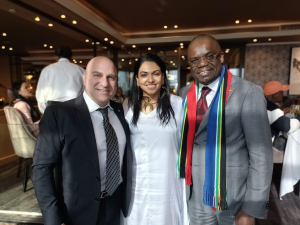
On August 9, 1956, four South African women catalysed women’s liberation on the African continent, leading a march of 20 000 multiracial women protesting the Apartheid pass laws for black women.
After presenting their petition to the Secretary of the then Apartheid Prime Minister of South Africa, JG Strijdom, because he was conveniently ‘not available’, the women sang our current national anthem “Nkosi Sikelel’ iAfrika”, meaning “Lord, Bless Africa”, as well as the women’s freedom song,
“Wathint’ abafazi!”
wathint’ abafazi,
wathint’ imbokodo, uzo kufa!
Meaning,
“[When] you strike the women, you strike a rock, you will be crushed [you will die]!”
The petition, which would eventually change the course of history and catalyse the women’s movement on the continent, read as follows:
We, the women of South Africa, have come here today.
We African women know too well the effect this law [has] upon our homes, our children.
We, who are not African women know how our sisters suffer.
For to us, an insult to African women is an insult to all women.
- That homes will be broken up when women are arrested under pass laws.
- That women and young girls will be exposed to humiliation and degradation at the hands of pass-searching policemen.
- That women will lose their right to move freely from one place to another.
We, voters and voteless, call upon your government not to issue passes to African women. We shall resist until we have won for our children their fundamental rights of freedom, justice and security.
Today, 67 years later, with all of our issues as a country, I stand in awe of a South Africa whose Cabinet is made up of 50% women, a feat not yet attained by many developing countries; a 40% public procurement policy for black women owned businesses; a framework of laws and policy governed by arguably ‘the greatest constitution in the world’, which under Section 9, entitled “Equality”, says
“(3) the state may not unfairly discriminate directly or indirectly against anyone on one or more grounds, including race, gender, sex, pregnancy, marital status, ethnic or social origin, colour, sexual orientation, age, disability, religion, conscience, belief, culture, language and birth.”
The prohibition of discrimination on the grounds of gender, sex, pregnancy and marital status unapologetically protects women, and the result is clear and tangible practise on a daily basis in South Africa, leaving little doubt that no unfair discrimination based on any feature of being a woman is tolerated.
How far we have come.
- How far we still have to go.
Representing the African Prosperity Fund, it was an honour to be invited by BRICS Business Council member, Dr Stavros Nicolaou to a lunch meeting with the DG of the African Union CDC, Dr Jean Kaseya, who is in town to meet with President Ramaphosa, as part of his tour of the continent, as the newly appointed DG.
Hearing H.E. speak of his goal of “60% localised manufacturing of vaccines by 2040”, a stretch-target from the current 1%, was inspiring and hopeful. Stavros Nicolaou holds a shared passion for, and commitment to the manufacturing of vaccines on the continent. I’ve personally witnessed his tireless efforts to ensure life-saving medicine reaches Africa’s most vulnerable – our women and children.
Both men will tell you that political-will and financing infrastructure is core to this goal being achieved, and inextricably linked to the AfCFTA – being the AfCFTA advocate I am, I cannot wait for its full implementation which will reduce cross border costs due to almost zero tariffs and overcoming NTB’s, amongst others, thereby increasing full value chain manufacturing on the continent, and finally ending decades of disproportionate imports of finished goods from beyond Africa’s borders.
Enter: localised manufacturing of vaccines, amongst other products.
I make it sound easy, but actually, the AfCFTA is potentially the single most difficult thing we will ever embark upon as this current generation of African leadership. So, let’s look at the women’s agenda through the lens of the AfCFTA. For example, in coming back to South Africa’s 40% (and the African Union’s 33%) Public Procurement Policy – in the context of South Africa’s 50% women’s representation in Parliament, which fortifies general lawmaking and policy enforcement – it potentially means that FINALLY economic inclusion and equitable financial participation of women and youth is an imminent reality.
South Africa is known as the nation of ‘justice’ – so, it is ‘my’ South Africa that I believe holds the key to kickstarting and driving the localised manufacturing of vaccines on the continent.
Stavros Nicolaou is Aspen Pharmacare Holding’s Group Senior Executive responsible for Strategic Trade Development, currently the largest continental manufacturer of vaccines, however Aspen is not the only, there are a few other manufacturers that have the capacity and licensing to begin manufacturing ‘tomorrow’. Noteworthy, are the +-80 sterile injectables facilities across Africa which is another opportunity for optimising vaccine production given that the dosage form in Africa, are vials.
Furthermore, with South Africa being the most industrialised nation on the continent, having reputable licensing capacity, and complying with international regulations and governance, Dr Kaseya’s ‘60% by 2040’ dream can be made a reality by Dr Nicolaou and his ilk from the Pharma sector.
Our challenges may be different in 2023, than they were in 1956, but one thing remains true – the story of the African woman and girl will continue to advance progress. There was no march to protest the increased levels of GBVF in the country or the wage gap – but the voices of the 6 women at the lunch, which ranged from the AU CDC Head of Manufacturing, to President Ramaphosa’s office of his AU Covid Championship, et al, alongside these 2 men who are essentially spearheading the ‘60% by 2040’ local manufacturing target, were clear in our position – ‘FOR Africans, BY Africans’, no less.
In standing on the shoulders of giants, lest we forget our responsibility to the next generation, alongside the many men of our continent today, like H.E Dr Kaseya and Dr Nicolaou, who hold the rights of women and girls, aloft.

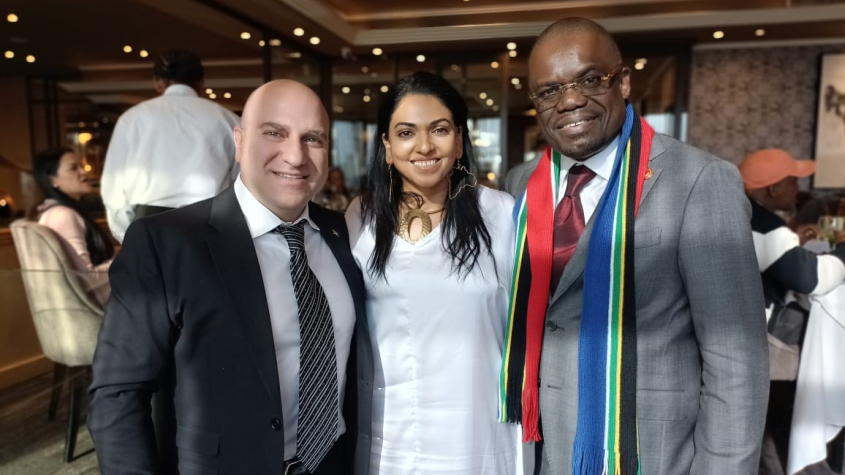

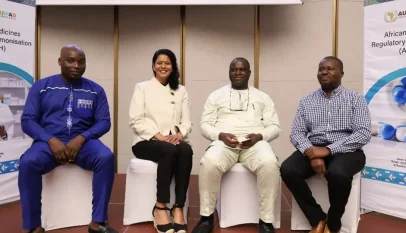
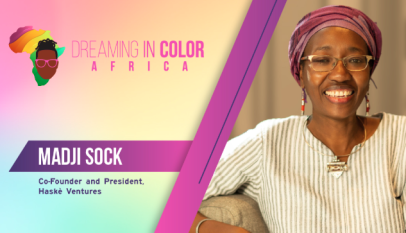
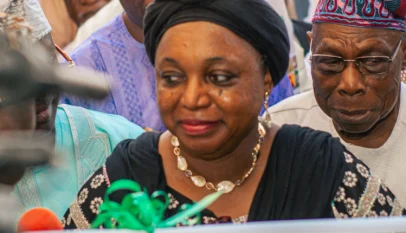
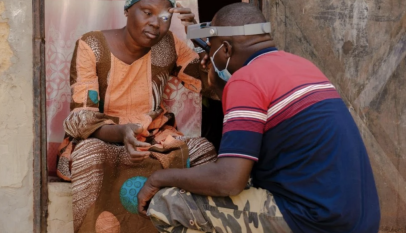
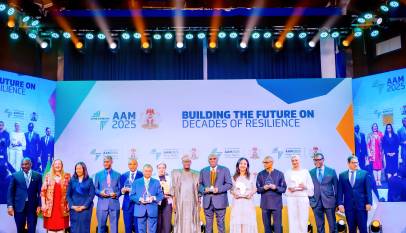
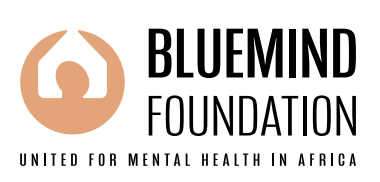









Comments are closed.